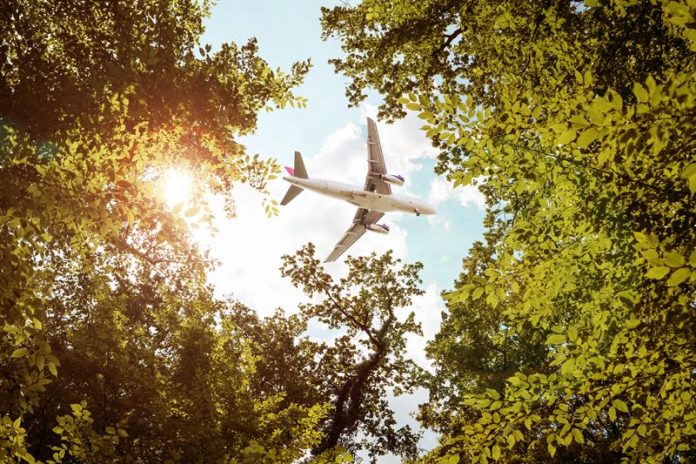
Japan Airlines Co., Ltd., Marubeni Corporation, JXTG Nippon Oil & Energy Corporation, and JGC JAPAN CORPORATION have agreed to jointly conduct a feasibility study on Sustainable Aviation Fuel (SAF) production and sales in Japan through the use of industrial and municipal waste, including plastic waste.

As the demand for air transport steadily increases, the aviation industry recognizes the importance of working to counter the effects of climate change. Additionally, the International Civil Aviation Organization (ICAO) has implemented carbon-reduction initiatives from 2021. Currently, SAF is considered to be a realistic and effective means of reducing CO2 emissions, and there is growing momentum for its adaptation. Furthermore, the disposal and/or processing of plastic waste is a recognized social issue, one to which the world awaits an innovative solution that will lead to a more sustainable society.
In this joint study, the parties plan to evaluate the feasibility of the entire supply chain with respect to creating SAF from industrial and municipal waste, including middle and low-grade plastic waste (these types are currently either incinerated or become landfill), by applying the process and technology of Fulcrum BioEnergy, Inc., a United States company that produces bio-jet fuel. JAL, Marubeni, JXTG and JGC have executed an MOU with Taisei Corporation and TAKEEI CORPORATION in February 2020, and each participating company will contribute its respective expertise to study the collection and processing systems of waste, the technological aspects of SAF production, logistics of end-products, and the effect of carbon emissions by LCA.3 The study will take place from February to December 2020. After that, based on the results of this joint study, all parties will aim to install demonstration equipment and conduct tests in the early 2020s and start construction of commercial equipment around 2025.

By promoting the development and spread of SAF, all parties will together contribute to the establishment of concrete solutions to societal concerns such as decreasing CO2 emissions from aviation fuel and plastic waste treatment, thus contributing to a more sustainable future.
อัพเดตข่าวสารและบทความที่น่าสนใจในอุตสาหกรรมโลจิสติกส์ก่อนใคร ผ่าน Line Official Account @Airfreight Logistics เพียงเพิ่มเราเป็นเพื่อน @Airfreight Logistics หรือคลิกที่นี่











